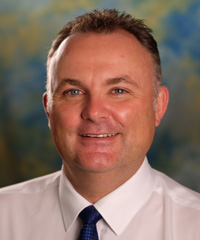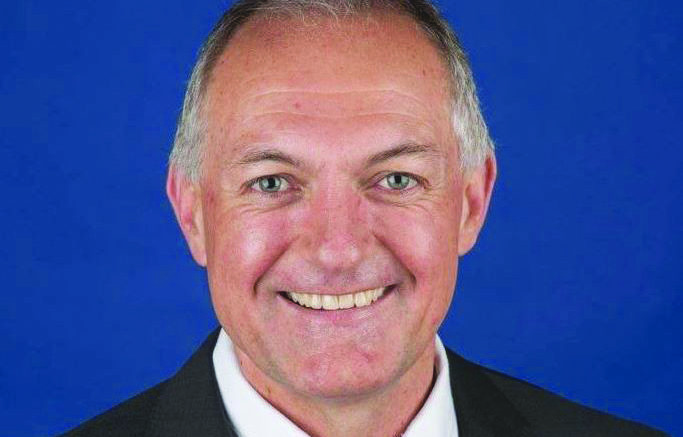IPART’s decision to extend the 15 per cent rate rise for an additional seven years has been met with disappointment by the region’s State MPs and community members.
Parliamentary Secretary for the Central Coast, Adam Crouch, said as a ratepayer, he was “furious” that the community is being forced to continue to pay for the “appalling mistakes and failings of councillors and Council senior staff”.
He stressed that NSW Government has no direct control over rates.
Shadow Minister for the Central Coast, David Harris, said the decision would be of concern to struggling residents.
“Coast ratepayers have been subjected to the costs of an unsuccessful merger of their local councils by the State Government resulting in significant cuts to services and higher rates and charges and now they will be hit with a permanent rate increase for a further seven years,” Harris said.
“Central Coast Labor MPs are calling on the NSW Government and IPART to monitor closely the performance of Central Coast Council with a view to review this decision if the Council is not meeting its stated targets and service delivery.
“(We) are also calling on Central Coast Council to review its hardship provisions for people who will struggle with paying higher rates over the longer term.
“The current financial situation for many ratepayers is dire given the increase in interest rates, higher inflation and the pressure on mortgage and rent payments.
“It is more important than ever that Council has generous provisions in place to assist people in genuine need when it comes to rate payments.
“There needs to be sympathetic treatment via payment plans and other strategies to ensure no ratepayers are disadvantaged through no fault of their own and Council needs to articulate through a communication plan what avenues are open to assist people and families who are struggling.
“With rising costs of living, stagnant wages and now increasing interest rates these rate increases could not have happened at a worse time.”
The Protest Against Extreme Rates group also slammed the decision.
“Council admitted in its submission this was a ‘repeat application’ of the one IPART rejected just last year,” spokesperson Kevin Brooks said.
“Ratepayers will therefore be wondering how IPART can now approve about $250M extra over 10 years, when just 12 months ago it judged the same application worth only $70M over the same time period.
“Council certainly hasn’t changed its position that it only needs $110M from rates to repay the loans – so why is it now getting an extra $250M?.
“Most of the extra money isn’t to repay loans at all, but to fund on-going deficits that still haven’t been brought under control by an inefficient bureaucracy.
“Throwing extra money at poorly managed organisations rarely improves performance; it merely reduces the incentive to reform.
“Our community now needs to consider very carefully the next Council elections as it will be those elected who will determine whether these new rate hikes proceed or not.”
Not surprisingly, Council Administrator Rik Hart said granting the extension was a “sensible decision”.
“This outcome allows Council to continue to maintain current service levels, comply with current banking requirements and most importantly, allows us to continue without interruption our 10-year long-term financial plan that provides long-term financial stability for the organisation,” Hart said.
“It’s a decision that factors in the unique situation this Council was in and the recommendation made by the Public Inquiry Commissioner for the Administrator to ensure the completion of the Business Recovery Plan as adopted and amended by Central Coast Council since October 2020.”
Hart said Council had achieved “one of the most significant financial turnarounds of any organisation in under 12 months”, with the current and forecasted surpluses repaying the emergency loans over the next 10 years.
“Now that we finally have an outcome, I have requested the CEO and senior staff to examine services where we’re not delivering to community expectations and reflect this in future operational plans for an incoming Council to consider,” he said.
“I encourage the community to review the draft plan when it goes on public exhibition; now is the time to provide feedback on where you want to see improved service levels.”
Terry Collins






Crouch is one of the chaps that did us over